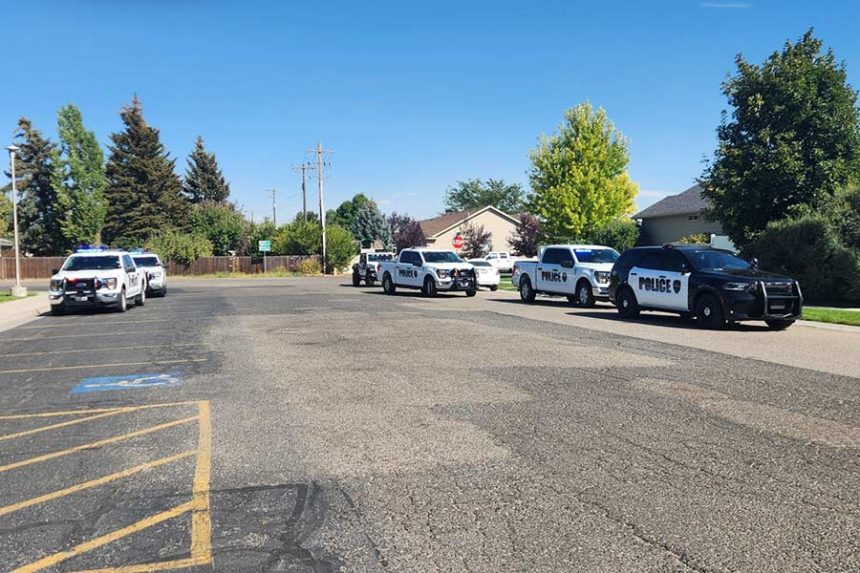Washington (AP) A Texas law that forbids children from viewing pornography online was maintained by the Supreme Court on Friday.
Similar laws have been approved in about half of the states, forcing users of adult websites to confirm their age before accessing pornographic content. As cellphones and other gadgets make it simpler to access online porn, particularly extremely explicit content, the laws were introduced.
In the 6-3 decision, the court divided along ideological lines. The Free Speech Coalition, a trade association representing the adult entertainment sector that contested the Texas law, lost.
Justice Clarence Thomas wrote the majority judgment, which concluded that the legislation did not significantly restrict the free speech of adults. “Adults have no First Amendment right to avoid age verification, but they do have the right to access speech that is obscene to minors,” he said.
Justice Elena Kagan stated in a dissent that the court ought to have applied a higher legal standard when determining whether the legislation infringes on the right to free speech.
One of the busiest websites in the world, Pornhub, has ceased operations in a number of jurisdictions, including Texas and Idaho, citing privacy and technological challenges in adhering to the regulations.
RELATED | Although some free-speech issues still exist, the Supreme Court appears to be amenable to age checks for online porn.
Republican Texas Attorney General Ken Paxton praised the decision. According to him, businesses must have appropriate age verification procedures and have no right to expose minors to pornography. According to the National Center on Sexual Exploitation, the ruling may encourage other states to enact such legislation.
The Free Speech Coalition acknowledged that minors shouldn’t watch porn, but claimed that the rule unfairly restricts adults’ freedom of speech by asking people to provide personal information that could be tracked or hacked.
RELATED | Lawmakers in Idaho want to allow parents to file a lawsuit over child-accessible web porn.
Instead of search engines or social media platforms that can be used to find sexual content, websites that include a specific proportion of it are subject to age verification criteria.
Age verification rules are a major privacy and free-expression problem, according to Samir Jain, vice president of policy at the nonprofit Center for Democracy & Technology. The court’s ruling overturns decades of precedent and could potentially disrupt everyone’s access to online expression protected by the First Amendment, including adults and children.
A regulation that prohibited children from viewing pornographic content online was partially overturned by the Supreme Court in 1996. In 2004, a divided court also declared that less restrictive measures, such as content filtering, are constitutional, but rejected another federal statute that sought to prevent children from being exposed to porn.
RELATED | This summer, Idaho saw an increase in demand for VPN searches. This is the most plausible X-rated explanation.
Texas contends that throughout the past 20 years, technological advancements have made it possible for online companies to quickly verify users’ ages using a picture. According to the state, those criteria are more akin to ID checks at physical adult businesses that were supported by the Supreme Court in the 1960s.
Appeals courts overturned the district courts’ initial rulings and allowed the statutes to go into effect in Texas, Indiana, and Tennessee.











